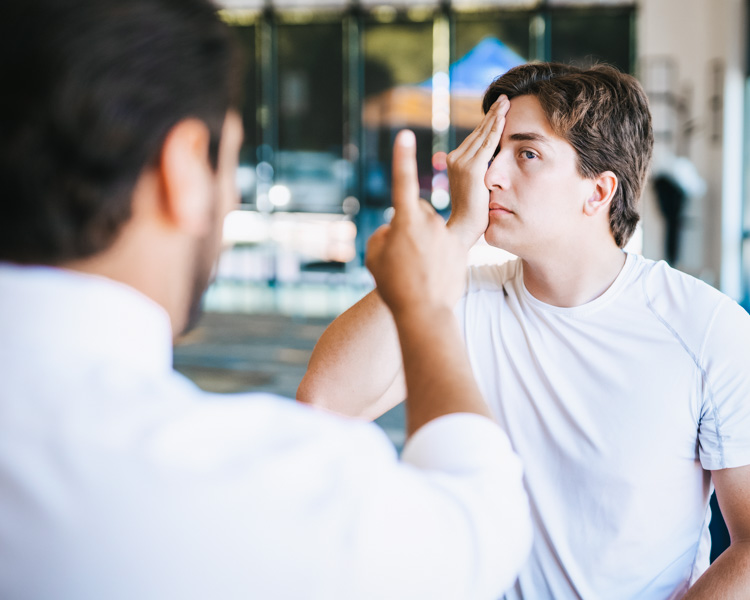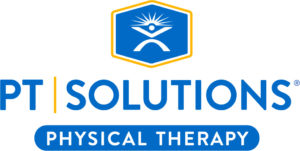Professional Concussion Care
Concussions can happen to anyone. From professional athletes to children to the elderly, we treat patients of all ages. We recognize the need for concussion prevention and education in addition to treatment. That’s why we have concussion centers with dedicated private treatment rooms with modifiable light for patient comfort during treatment.
We also partner with the Concussion Legacy Foundation, a national leader in the study, treatment, and prevention of the effects of brain trauma in athletes. Our team of clinicians includes physical therapists and certified athletic trainers who use Concussion Legacy Foundation’s Team Up Against Concussions program to work directly with local high school and college athletes to help develop effective concussion protocols when brain injuries arise. Our trainers work with parents and local recreational teams all the way up to professional sports teams and their coaches to proactively educate athletes about concussion prevention and return to play protocols.


